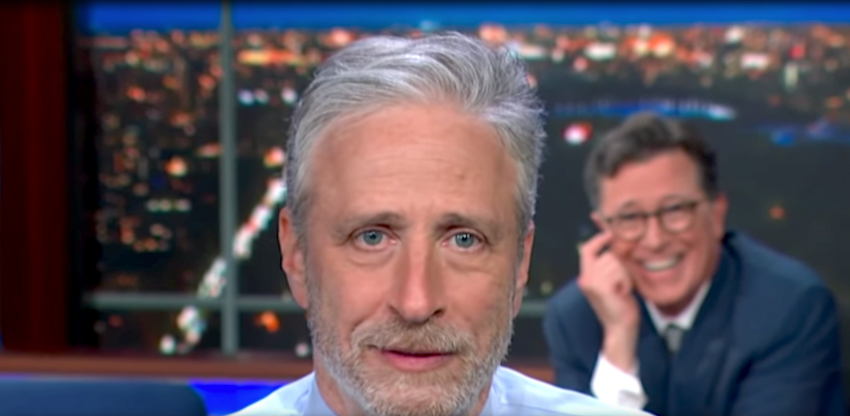
The Federalist
The Federalist's Self-Proclaimed Bias
In September 2013, co-founder Ben Domenech, a conservative writer and TV commentator, wrote that The Federalist was inspired by the worldview of the original TIME magazine, which he described as "[leaning] to the political right, with a small-c conservatism equipped with a populist respect for the middle class reader outside of New York and Washington, and an abiding love for America at a time when snark and cynicism were not considered substitutes for smart analysis."
Domenech wrote that The Federalist would be informed by TIME's 1920s “list of prejudices” for the magazine, which included principles such as:
- A belief that the world is round and an admiration of the statesman’s view of all the world.
- A general distrust of the present tendency toward increasing interference by government.
- A prejudice against the rising cost of government.
- Faith in the things which money cannot buy.
- A respect for the old, particularly in manners.
- An interest in the new, particularly in ideas.
The right shouldn't be taking a victory lap. They should be asking why media and Big Tech were allowed to smear everyone who believed in the possibility of a lab leak as crazy conspiracy theorists.
A clip of Jon Stewart on “The Late Show with Stephen Colbert” has blown up on the internet, and for good reason. It’s amazing. In it, Stewart, in a hilarious fake dialogue with a Chinese lab researcher, makes the case for why the theory that the coronavirus originated in the Wuhan Institute of Virology is way less insane than all the other origin hypotheses.
People owe a debt of gratitude to science, Stewart began, for helping ease the suffering of the pandemic, “which was more than likely caused by science.”
“What do you mean — do you mean perhaps there’s a chance this was created in a lab?” Colbert asked. “If there’s evidence I’d love to hear it.”
“A chance?” Stewart exclaimed. “Oh my g-d, there’s a novel respiratory coronavirus overtaking Wuhan, China. What do we do? Oh, you know who we could ask? The Wuhan novel respiratory coronavirus lab. The disease is the same name as the lab!”
Here comes the fake dialogue:
And then they asked those scientists, they’re like, ‘How did this— so wait a minute. You work at the Wuhan respiratory coronavirus lab. How did this happen?’
And they’re like, ‘Hmm, a pangolin kissed a turtle?’
And you’re like, ‘No, the name of your lab — if you look at the name! Look at the name! — let me see your business card! Show me your business card!’
Oh, ‘I work at the coronavirus lab in Wuhan.’











